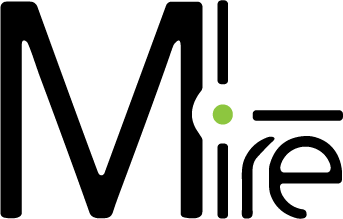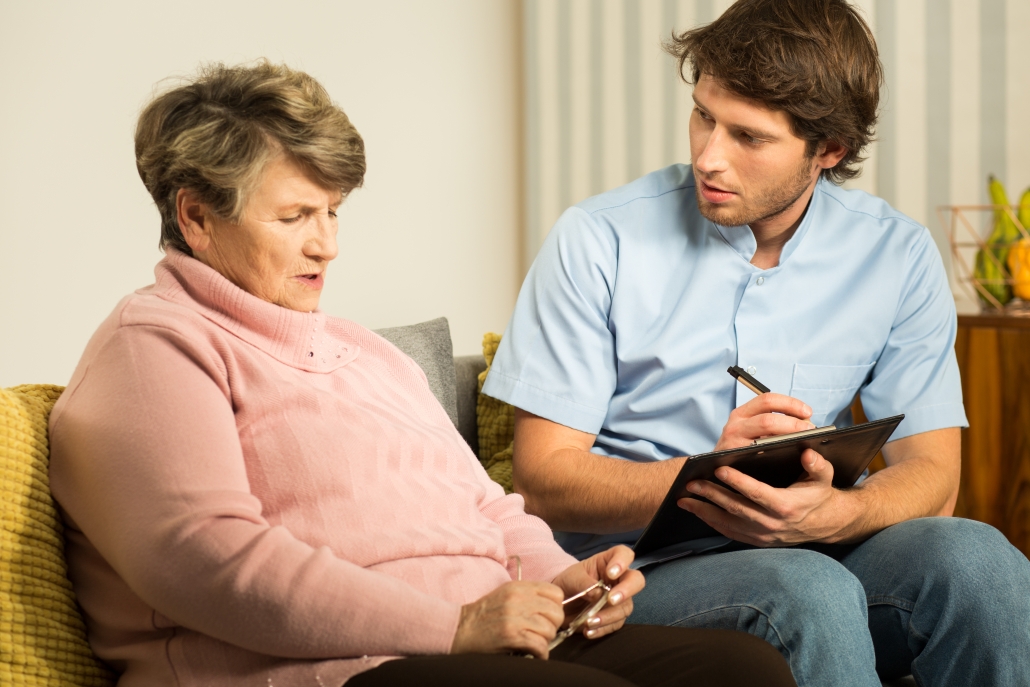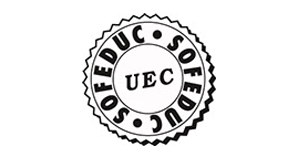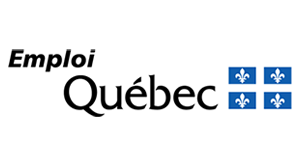
-
-
Online training
- Patient and self-treatment - NEW 4-hour online training course
- Delirium: prevention, detection, intervention 3-hour online training course
- Dysphagia: from early detection to safe eating 4-hour online training course
- Alzheimer's disease, an adapted approach Online training
- Challenging Behaviours in Dementia Care: Prevention and Intervention Online training
- Personality disorders and difficult relationships: intervention kit 7-hour online training course
- Cognitive examination of the elderly Accredited online training - 7 hours
- O-PQRSTU when, how, why Accredited online training - 2 hours
- Notes to the file 7-hour online training course
- Notes to file, basic concepts 3-hour online training course
- PQRSTU and clinical examination 3-hour online training course
- Wound care 10-hour online training course
- Palliative care: managing the most common symptoms at the end of life 7-hour online training course
- Palliative care: accompanying life to the end 7-hour online training course
- Polymedication, polydangers? Issues for healthcare professionals 7-hour online training course
- Clinical examination in a few minutes? yes, it's possible. 7-hour online training course
Interactive webinarsNotes to the file -
Online training
- Bientraitance et bienveillance au quotidien ONLINE 4 h
- Delirium: prevention, detection, intervention ONLINE 3 h
- Dysphagia: from early detection to safe eating ONLINE 4 h
- Alzheimer's disease, an adapted approach
- Challenging Behaviours in Dementia Care: Prevention and Intervention
- File notes (NEW VERSION 2024) ONLINE 7 h
- File notes, basic concepts (NEW VERSION 2024) ONLINE 3 h
- PQRSTU and clinical examination ONLINE 3h
- O-PQRSTU when, how, why ONLINE 2h
- Wound care ONLINE 10 h
- Palliative care: managing the most common symptoms at the end of life ONLINE 7h
- Personality disorders and difficult relationships: a toolkit for intervention ONLINE 7h
- Polymedication, polydangers? Issues for healthcare professionals ONLINE 7h
- Cognitive examination of the elderly ONLINE 7h Accredited online training - 7 hours
- Clinical examination in just a few minutes? yes, it's possible. ONLINE 7h
Notes to the fileInteractive webinars - FAQ
- Contact us
0,00 $
0
Panier
-
-
Online training
- Patient and self-treatment - NEW 4-hour online training course
- Delirium: prevention, detection, intervention 3-hour online training course
- Dysphagia: from early detection to safe eating 4-hour online training course
- Alzheimer's disease, an adapted approach Online training
- Challenging Behaviours in Dementia Care: Prevention and Intervention Online training
- Personality disorders and difficult relationships: intervention kit 7-hour online training course
- Cognitive examination of the elderly Accredited online training - 7 hours
- O-PQRSTU when, how, why Accredited online training - 2 hours
- Notes to the file 7-hour online training course
- Notes to file, basic concepts 3-hour online training course
- PQRSTU and clinical examination 3-hour online training course
- Wound care 10-hour online training course
- Palliative care: managing the most common symptoms at the end of life 7-hour online training course
- Palliative care: accompanying life to the end 7-hour online training course
- Polymedication, polydangers? Issues for healthcare professionals 7-hour online training course
- Clinical examination in a few minutes? yes, it's possible. 7-hour online training course
Interactive webinarsNotes to the file -
Online training
- Bientraitance et bienveillance au quotidien ONLINE 4 h
- Delirium: prevention, detection, intervention ONLINE 3 h
- Dysphagia: from early detection to safe eating ONLINE 4 h
- Alzheimer's disease, an adapted approach
- Challenging Behaviours in Dementia Care: Prevention and Intervention
- File notes (NEW VERSION 2024) ONLINE 7 h
- File notes, basic concepts (NEW VERSION 2024) ONLINE 3 h
- PQRSTU and clinical examination ONLINE 3h
- O-PQRSTU when, how, why ONLINE 2h
- Wound care ONLINE 10 h
- Palliative care: managing the most common symptoms at the end of life ONLINE 7h
- Personality disorders and difficult relationships: a toolkit for intervention ONLINE 7h
- Polymedication, polydangers? Issues for healthcare professionals ONLINE 7h
- Cognitive examination of the elderly ONLINE 7h Accredited online training - 7 hours
- Clinical examination in just a few minutes? yes, it's possible. ONLINE 7h
Notes to the fileInteractive webinars - FAQ
- Contact us
0,00 $
0
Panier
No products in the cart.
Mire Formation Conseil inc. / PQRSTU and clinical examination ONLINE 3h





Clotilde Palaku says:
Thank you very much Ms. GUILLEMETTE, this training was really interesting.
Clotilde Palaku says:
Thanks for everything.
Theoret says:
It was impossible for me and my colleagues to print the power point in advance. I had to finish the entire training course to be able to print the documents, otherwise the site wouldn't let us print them.
Training: a nice update, a nice refresh of the PQRSTU.
I really appreciated the training for the older person, normality versus abnormality. the atypical signs of the older person.
this will help me a lot
Mireille Guillemette says:
Hello, thank you very much for notifying me of this situation. I'm sorry for the inconvenience. The problem has been resolved. Often, when you use a secure network (such as in the CISSS), it is impossible to download or print a document from outside the network. In this case, I can send you the training document by e-mail.
Delanoe says:
Very interesting and it's always good to get back up to date. It's helped me a lot and thanks again Mireille.
Linda.Fortin says:
Very good training, very instructive
Nathalie Poulin says:
just wow great energy!!!
Nathalie Poulin says:
i loved the dynamic training!!!
Roxana Ciolacu says:
Excellent training ...... the only downside is that the training is better done on the computer because on phone or tablet it's very difficult, many mistakes. But in the end we're talking about the course, which for me was an excellent help.
Mireille Guillemette says:
Hello, this problem is often due to the fact that your web browser is not up to date. If you're using Safari, Firefox or Explorer: update your browser OR download GOOGLE CHROME free of charge.
I'm glad you've completed and enjoyed your training.
Louise Larouche says:
The training content was clear and well-directed. It will be very useful in my day-to-day work with customers. Thank you very much.
Emmanuel Saladin says:
I am very satisfied with the training, I learned a lot, I feel better equipped to take care of my residents thanks to the pedagogical perfection of the trainer, Mrs. Mireille G.
Marie-Claude Roy says:
Thank you, the content was very informative and it's always good to have a "refresh".
Cynthia Bilodeau says:
Thank you very much for this training!
Lucille Lubin says:
Thank you the content was very informative I am satisfied with the training
Martine Tremblay says:
Very nice training. Thank you very much.
Nadia Tahiri says:
Very interesting training content. Captured my full attention.
Very nice feedback on this care tool.
Ahamadou Bédéwiyou Fousseni says:
Great improvement in assessment quality